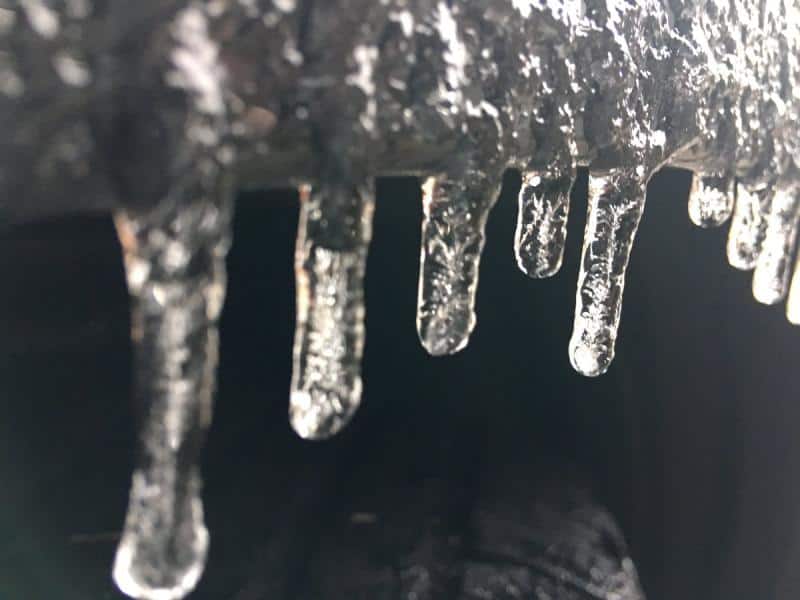Crews from Kentucky’s electric cooperatives are preparing for the potential impact of winter weather moving through the commonwealth on Friday and Saturday.
As of 10am (EST), about 100 power outages were reported by co-ops in central and western Kentucky. Co-ops serve about 1.5 million Kentuckians in 117 of 120 counties.
“Right now, co-op electric crews are loading and checking their trucks and restoration equipment to function correctly in the next few days of freezing rain, sleet and several inches of snow with wind and freezing temperatures we are expecting to see in Kentucky,” said Clarence Greene, director of safety and loss prevention at the Kentucky Association of Electric Cooperatives, the statewide association providing services to each electric cooperative in the state.
“Some problems restoration crews face are slick, slippery roads and walking surfaces,” Greene continued, “trees and downed power lines across roadways and possible back-feed from consumer generators and cold wet working conditions.”
Preparations with out of state crews have also been made if more help is needed, Greene added.
Kentucky’s electric cooperatives are stressing safety as the winter weather hits. Remember the following tips to stay safe and warm should you find yourself in the dark after a severe winter event:
- Never touch a fallen power line, and assume all wires on the ground are electrically charged. Call your electric co-op to report it immediately. Avoid contact with overhead lines during cleanup and other activities.
- In the event of an outage, an alternate heating source—such as a fireplace, propane space heater, or wood stove—may be used. Extreme caution should be taken.
- Plan to stay in an area of the home where the alternate heat source is located.
- Fuel- and wood-burning heating sources should be vented. Be sure to follow manufacturer’s directions.
- Make sure carbon monoxide detectors and smoke detectors are working properly.
- Do not use a gas-powered oven for heating. A gas oven may go out or burn inefficiently, leading to carbon monoxide poisoning.
- Do not use a gas or charcoal grill inside the home. Do not use charcoal briquettes in the fireplace.
- If you use a portable generator to power a heating source, be sure the generator is located outside your house for proper ventilation. Do not use a generator in an attached garage. Follow manufacturer’s directions for operating the generator.
- Take special care not to overload a generator. Use appropriately sized extension cords to carry the electric load. Make sure the cords have a grounded, three-pronged plug and are in good condition.
- Never run cords under rugs or carpets.
- Never connect generators to power lines. The reverse flow of electricity can electrocute an unsuspecting utility worker.
Ideally, your family will stay warm until the power comes back on. But keep an eye on family members for signs of hypothermia, which include shivering, drowsiness, and mental and physical slowness. The elderly and young children are particularly vulnerable to hypothermia. Call 911 immediately if you notice these symptoms. At least one telephone in the house that does not depend on electricity should be available in the case of a power outage.
###
Kentucky electric cooperatives serve more than 1.5 million people—about 35% of the state’s population—in 117 of Kentucky’s 120 counties. The Kentucky Association of Electric Cooperatives provides representation before the Legislature, Congress, and regulatory bodies; safety training; coordination of management training; and public relations support including publication of Kentucky Living magazine. KAEC is governed by a board consisting of one manager and one director from each of its 26 member systems, and is headquartered in Louisville.

